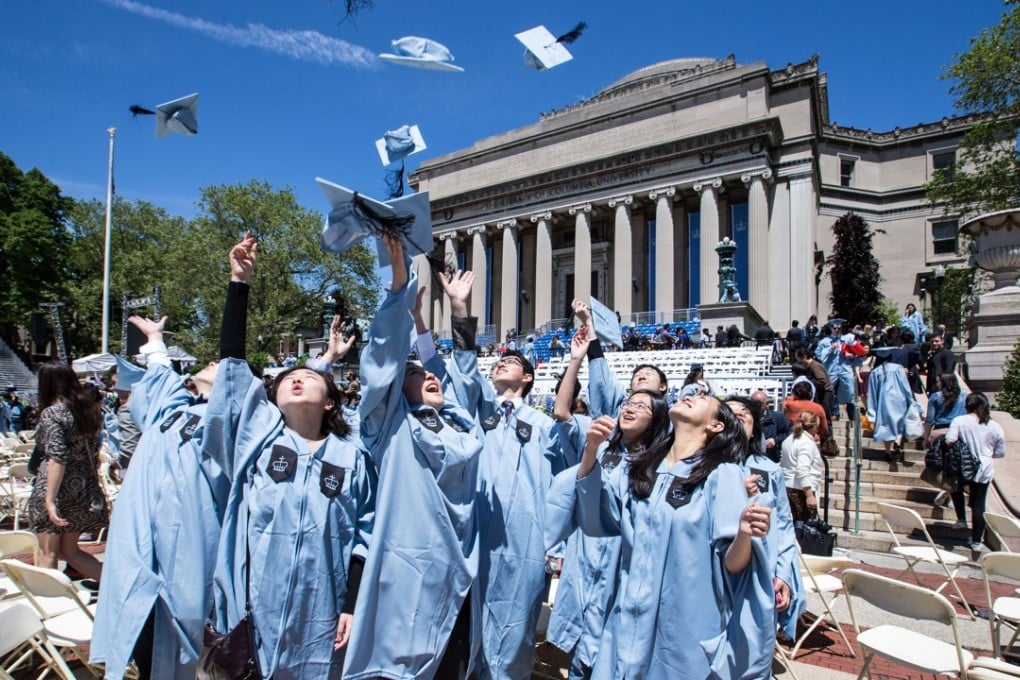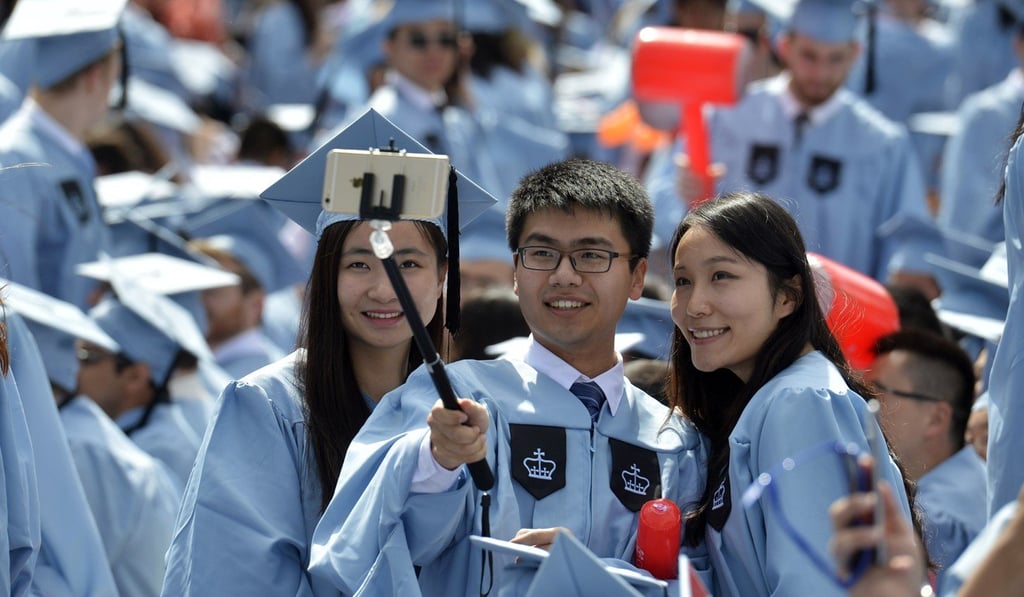How Chinese overseas students are learning harsh life lessons
From conflicting ideologies to outright racism, for many youngsters from China, the reality of university life abroad is far from what was expected

When 22-year-old Langou Lian looks back at her decision to study in the United States, one influence sticks out: Disney Channel movie High School Musical.
“I hated Chinese education,” Lian says, recalling the high-pressure, test-centred schooling in her native Sichuan province. High School Musical presented an alternative: a carefree atmosphere where even adolescent students are independent, free to speak their mind and have a palette of social activities to choose from.
But after she arrived in the US, that rosy image became complicated.
“The one word that describes my impression of America before coming is ‘freedom’,” says Lian, who currently studies at the University of California, Irvine. “[But] after I studied here for a while, I started to kind of understand American society. My impression went from good to bad.”
And that had a knock-on effect, on her as it had on others. “A lot of [Chinese] students become more patriotic,” Lian says.

Her enchantment and later disillusionment isn’t uncommon for students who study abroad, but it’s never been more consequential. Lian is one of 350,000 mainland Chinese students now studying in American colleges – more than five times the number of just a decade ago. Such rapid growth has simultaneously unfolded in Australia, Britain, Canada and New Zealand, and it comes at a time when China’s Communist Party sees itself in an ideological war with the West for the hearts and minds of its youth.